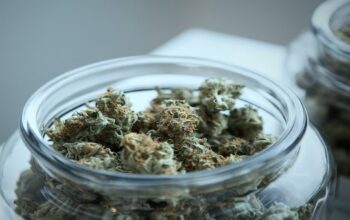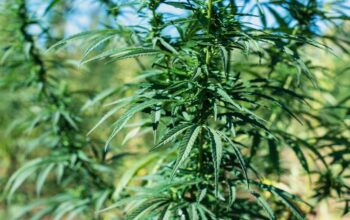Soil pH meters are devices used by house gardeners and agricultural experts to check the level of acidity or alkalinity of the soil. Getting your soil pH right is a must if you want to produce healthy, lively plants. To get exact measurements you require to know the appropriate solution for your ph soil meter.
What is soil pH, and does it matter?
Soil pH meters are devices used to measure the level of acidity or alkalinity of the soil. They work by measuring the hydrogen ion activity and this is expressed via the possibility for hydrogen or ‘pH’. The pH scale ranges from 0 to 14 with 0 is acidic, 7 being neutral and 14 being alkaline.
The ideal pH variety for many plants drops between 5.5 and 7.5. Some plants are still able to prosper the exterior of this array. Soil pH affects the uptake of vital nutrients, so when pH is out of the ideal array there is a possibility your plants and flowers are not having maximum nutrient consumption and for that reason not reaching their full growth possibility.
Soil pH can be influenced by numerous points. One of the most common impacts on soil pH is climate, plant food, type and amount of watering, soil kind, various other plants in the place, and nutrient accessibility. This means soil pH can change significantly and it is important to take routine measurements using a ph meter for soil testing to make sure healthy growing plants.
What to look for, when choosing your soil pH meter?
There are different types of soil pH meters in different sizes and shapes to suit all applications, varying from meters for the devoted house garden lovers to large agricultural. When selecting the right soil pH meter for you below’s a few points to keep into consideration.
Transportability– Will you need a pH meter that is lab-based, field-based, or a mix?
Approach– Can soil be tested directly or is dilution required?
Features– Are various other integrated features required? For example, soil moisture and conductivity.
Length– The minimal sample depth is usually 20cm. Different plants and crops need dimensions to be taken at differing depths.
Precision– Commonly direct soil tasting is less precise than the dilution technique.
Calibration– Does the device include any type of buffer options to adjust your meter?
Sampling time– How much time does it require to get an outcome?
Gadget and electrode durability– Make sure as direct ground measurement can damage the glass within an electrode.



